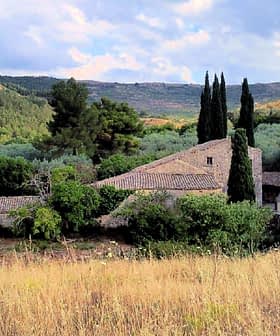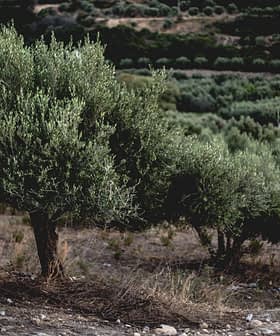A coalition of local and regional representatives of the European Union and their Mediterranean partners has proposed a nine-point plan to promote sustainable agriculture and food security.
In a newly-published report, the Euro-Mediterranean Regional and Local Assembly (Arlem) argued for a macro-regional strategy to address the many challenges faced by European agriculture, starting with climate change.
With all the uncertainty and tension in the Mediterranean region, local and regional authorities that are members of the Arlem… can act to reduce the food vulnerability of local communities.
“In the face of global warming, which will exacerbate tensions in the Mediterranean area, we must act to maximize the beneficial effects of sustainable agriculture,” said Agnès Rampal, deputy mayor of Nice and author of the report.
“I call for true resilient food sovereignty, thanks in particular to an upgraded Mediterranean diet, adapted to climatic conditions, respectful of natural resources, vigilant about health and able to ensure proper remuneration for farmers,” she added.
See Also:Reforming Food Systems Crucial in Fight Against Climate Change, Report FindsThe assembly advocated for creating a Mediterranean diet label, which would promote sustainably-produced local foods and add value to traditional products, such as extra virgin olive oil.
Arlem highlighted the need to promote the Mediterranean diet throughout the region, arguing a renewed emphasis on the value of local food production would cut down on imports and waste.
The report also called for more investment in research and development for farming methods and technologies along with more cooperation among private and public stakeholders in the sector.
“With all the uncertainty and tension in the Mediterranean region, local and regional authorities that are members of the Arlem… can act to reduce the food vulnerability of local communities and ensure that the various forms of Mediterranean farming are better able to cope with the upheaval caused by climate change,” the report concluded.
“Moving towards a food system and sustainable production and consumption patterns to deliver environmental, health, social and economic benefits within global limits: this ambition could be at the heart of a Mediterranean macro-regional strategy.”








